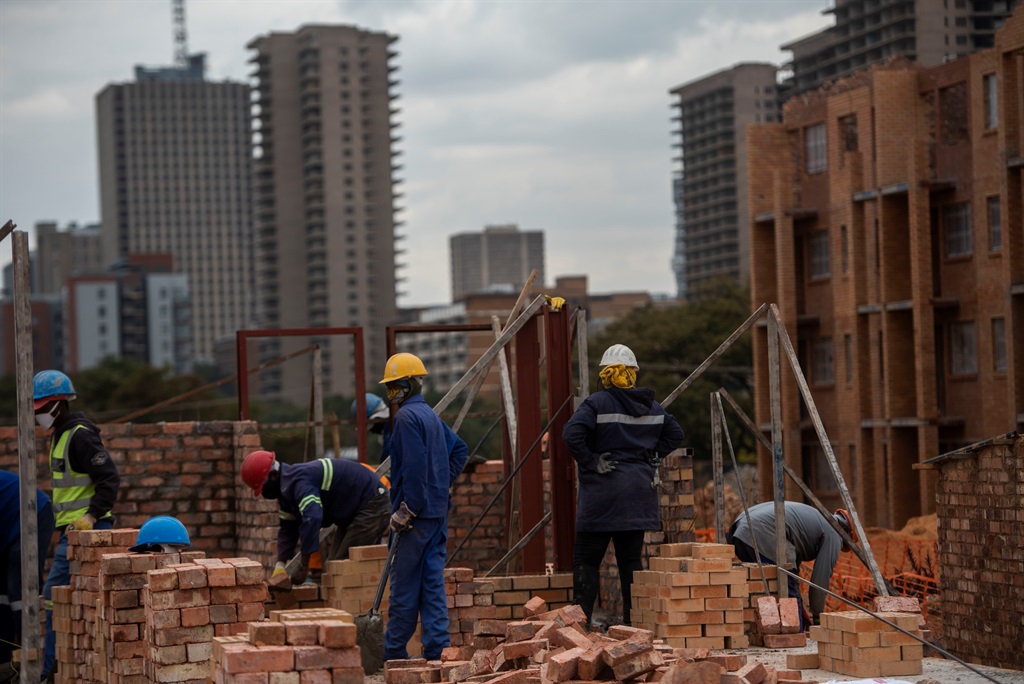
- The Public Service Commission says it is worried about government departments paying suppliers late or not at all.
- The PSC says late payments and non-payments to mostly small businesses will stifle economic growth.
- On Wednesday, the entity released its quarterly bulletin Pulse of the Public Service.
Government departments failing to pay suppliers has brought untold harm to the country's economy, according to the Public Service Commission (PSC).
The PSC has said many suppliers were forced to close down as a result of cash flow problems.
The entity has also raised the alarm about the continued lack of enforcement of the Public Finance Management Act (PFMA).
It said it was also worried that executive authorities were not holding the accounting officers accountable for the blatant disregard of the prescripts for the payment of suppliers.
On Wednesday, PSC commissioner Michael Seloane presented the entity's quarterly bulletin titled Pulse of the Public Service.
"[The] non-payment of suppliers, with the majority of these suppliers being from small businesses and previously disadvantaged backgrounds, goes against the policies of the government and the principles enshrined in the Constitution," Seloane said.
He said for the past three financial years the PSC has been monitoring the government's adherence to the payment of suppliers within the prescribed period.
Seloane noted:
"During the period of monitoring, the PSC has been inundated with request for assistance [from] suppliers that have not been paid by government institutions. This shows the overall lack of internal controls and consequence management mechanisms to ensure the upholding of accountability within these departments and/or government institutions," he added.
The Department of Water and Sanitation, including its trading entity and the Property Management Trading Entity (PMTE) of the Department of Public Works and Infrastructure (DPWI) were singled out.
The DPWI recorded six invoices not paid with related cost of R184 729, as at 31 December 2020.
At the end of March 2021, it reported no outstanding invoices.
"There seems to be some improvement at the PMTE that reported non-payment of 10 invoices as at the end of December 2020 at a cost of R51 489 200 to non-payment of 125 invoices at a cost of R17 168 662 by the end of March 2021. While this suggests that the PSC's vigorous oversight is yielding results, more can still be done by the accounting officer (AO) of the DPWI," Seloane said.
In contrast, Seloane said, the Department of Water and Sanitation (and its water trading entity) recorded an increase in the related cost owed to suppliers from R357 636 504 by December 2020 to R 396 631 121 by March 2021.
"This is despite the number of invoices decreasing from 480 to 181 respectively," he said.
However, Seloane said several departments improved their process and payments to suppliers.
"Worth mentioning is the Department of Mineral Resources and Energy's reduction in the number of invoices not paid with its related cost; from R 4 311 452 for 15 invoices at the end of December 2020 to R710 435 for three invoices at the end of March 2021.
"Similarly, the Department of Home Affairs managed to reduce the amount owed to suppliers from R636 813 for eight invoices to R0, for all invoices paid, for the respective periods," he added.
Did you know you can comment on this article? Subscribe to News24 and add your voice to the conversation.
